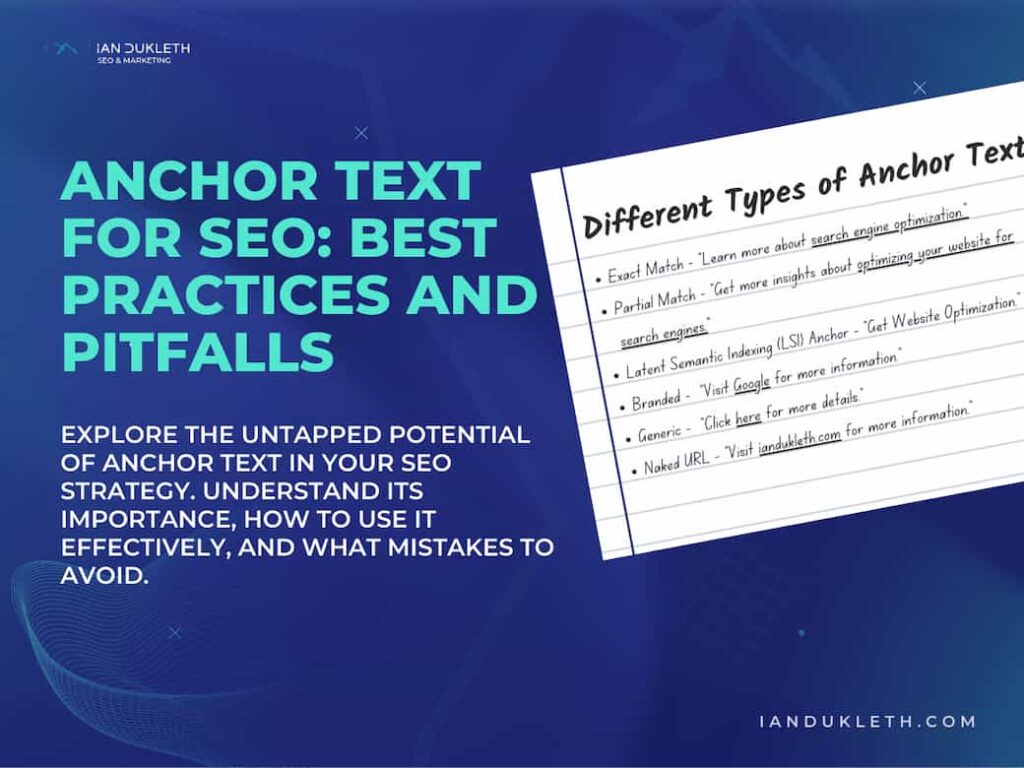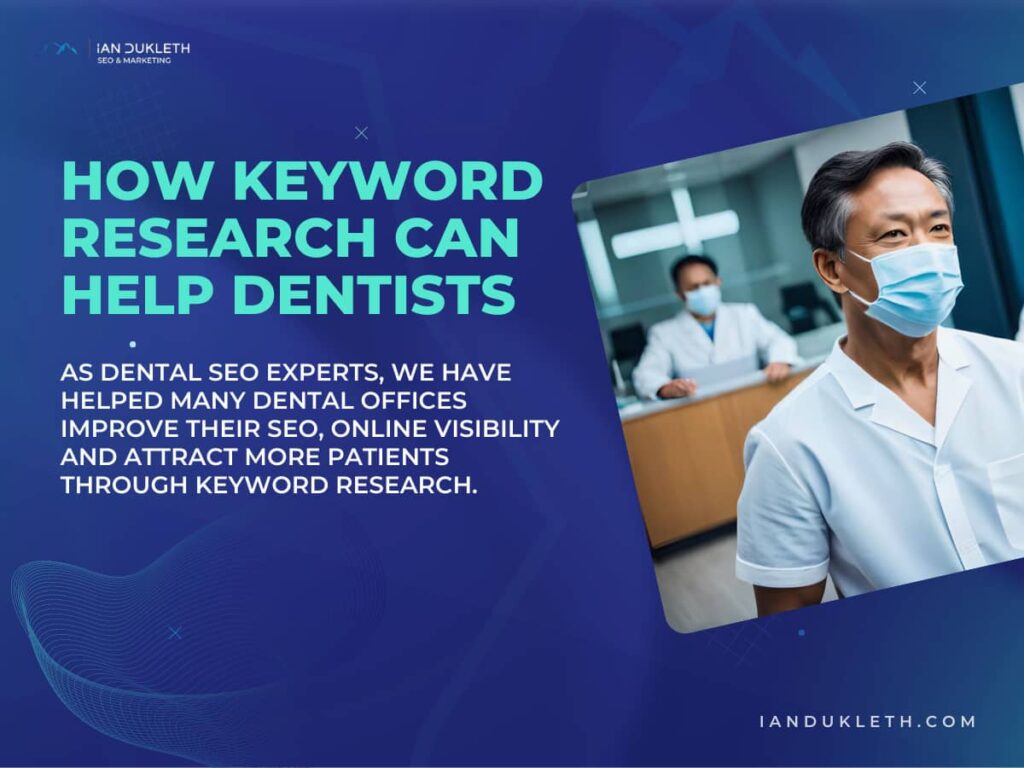Domain Authority
Domain Authority: What Is It and Why It Matters In the world of SEO, understanding various metrics can be the key to your online success. One such critical metric is Domain Authority (DA). But what exactly is Domain Authority, and why does it matter so much? This blog post aims to give you a thorough understanding of Domain Authority and its significance in the SEO landscape. What is Domain Authority? Domain Authority, a term coined by Moz, is a scoring system that predicts how well a website will rank on search engine result pages (SERPs). It is a comparative tool, rather than an absolute metric [used to determine a website’s rankings]. The score ranges from 1 to 100, with higher scores indicating a greater ability to rank. But here’s something you need to know: despite its influence, DA is not a direct ranking factor for Google. Google does not use Domain Authority in their algorithm. Rather, DA is an aggregate of many SEO metrics that correlate with ranking well on Google. It is a tool designed to help you understand where you stand in the digital competition. Why Does Domain Authority Matter? Domain Authority matters because it gives you a benchmark to measure the overall strength of your website compared to others. It is not just about understanding where your website stands today, but also about predicting its future potential. Additionally, it is a handy tool when you are planning your SEO strategy or when you are considering forming partnerships with other websites. For instance, if you are thinking of guest posting, you’d want to post on a site with high DA as it could potentially drive more valuable traffic [and leads] back to your website. How Can You Boost Your Domain Authority? Improving your Domain Authority is not an overnight process. It requires dedicated and consistent SEO effort. However, here are some tried-and-tested strategies that can help you boost your website’s DA: 1. Improve Your On-Page SEO: On-Page SEO is the practice of optimizing individual web pages to rank higher in SERPs and earn more relevant traffic. This includes optimizing your titles, headers, and meta descriptions. 2. Create Quality Content: High-quality, original content that provides value to your audience is key. Regularly update your website with relevant and engaging content to keep your audience coming back. 3. Build High-Quality Links: Work on earning inbound links from websites with high DA scores. But, remember, quality always trumps quantity in link-building. For example, HuffPost and other News Publications, attract tons of high-quality links, boasting a high DA scores of 80+. 4. Ensure Your Website is Mobile-Friendly: With the majority of web traffic coming from mobile devices, having a mobile-friendly website is non-negotiable. 5. Speed Up Your Website: Website speed is a crucial aspect of user experience, and it indirectly influences your DA. By focusing on these strategies and with a better understanding of the term [DA], you can progressively improve your Domain Authority. Remember, patience and testing are key in the world of SEO. Table of Contents Related Posts Anchor Text for SEO Improve Law Firm Website for Local Dental Website Audit




![Local SEO Secrets for Dentists: Tips and Tricks [2023] 46 local seo secrets for dentists and orthodontists graphic](https://www.iandukleth.com/wp-content/uploads/2023/05/local-seo-secrets-for-dentists-tips-and-tricks-1024x768.jpg)



